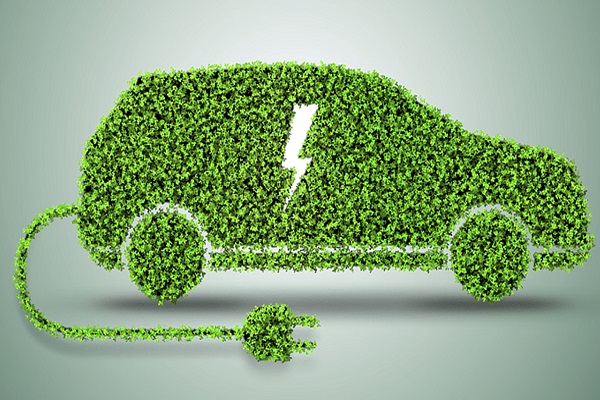
As global economic growth continues to fluctuate due to several factors, especially geopolitical crisis, the international electric vehicle (EV) market is undergoing a seismic shift, driven by the United States (US), European Union (EU) and Canada imposing high tariffs and restrictions on imports of EVs and parts from China.
India, however, is at a crossroads. Unlike other countries, it faces unique challenges in adopting EVs on a large scale. Instead of rushing into the fray with heavy incentives or falling into dependence on Chinese imports, India has the opportunity to let its EV sector evolve naturally, said the Global Trade Research Initiative (GTRI) in its recent report.
India’s EV Plans For Global Firms
India has allowed domestic operations to leading Chinese EV and passenger and commercial vehicles makers. Chinese EVs are likely to flood the Indian market in the coming years. A notable example is the JV between China’s SAIC Motor (owner of the MG brand) and India’s JSW Group, which aims to sell over one million new energy vehicles by 2030. This JV aspires to recreate the "Maruti Suzuki moment" for EVs in India, potentially leading to every third EV on Indian roads being manufactured by Chinese firms, either independently or through partnerships with Indian companies.
Indian Consumers And EVs
A survey by Deloitte revealed that 52 per cent of Indian consumers express a preference for EVs with a range between 200 and 400 kilometres per charge. In 2023, 53 per cent of respondents expressed a preference for such vehicles, a figure that fell to 49 per cent in 2024. This decline is indicative of the evolving consumer mindset towards sustainable transportation options. The survey also found that more than half of the "existing or prospective car owners" are willing to buy an electric car if it is available in the Rs 8 to 10 lakh price range.
Comment (0)
Leave a comment
Your email address will not be published. Required fields are marked with (*).
